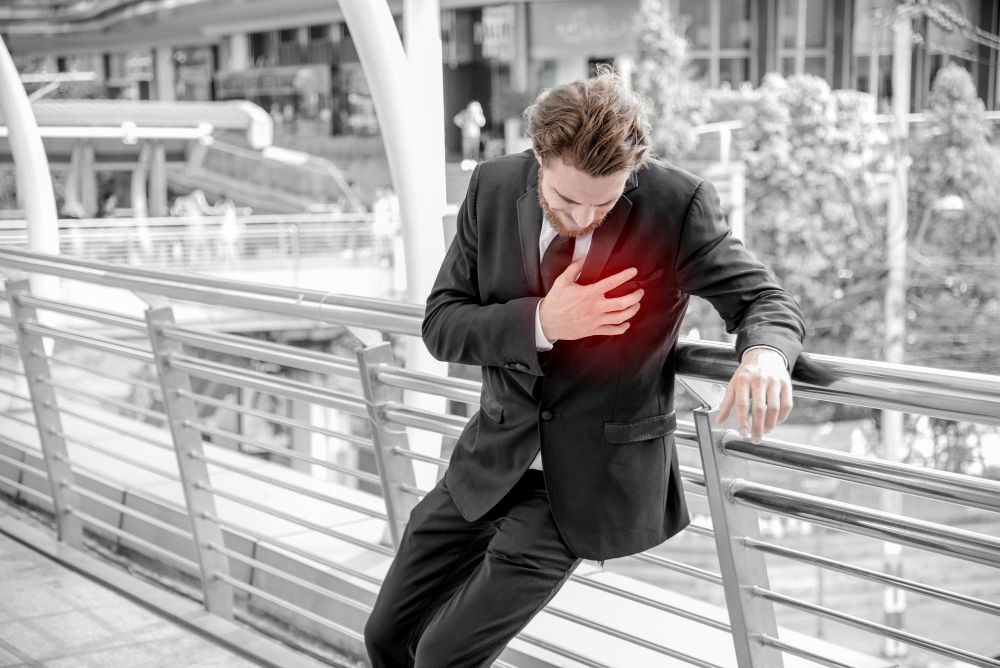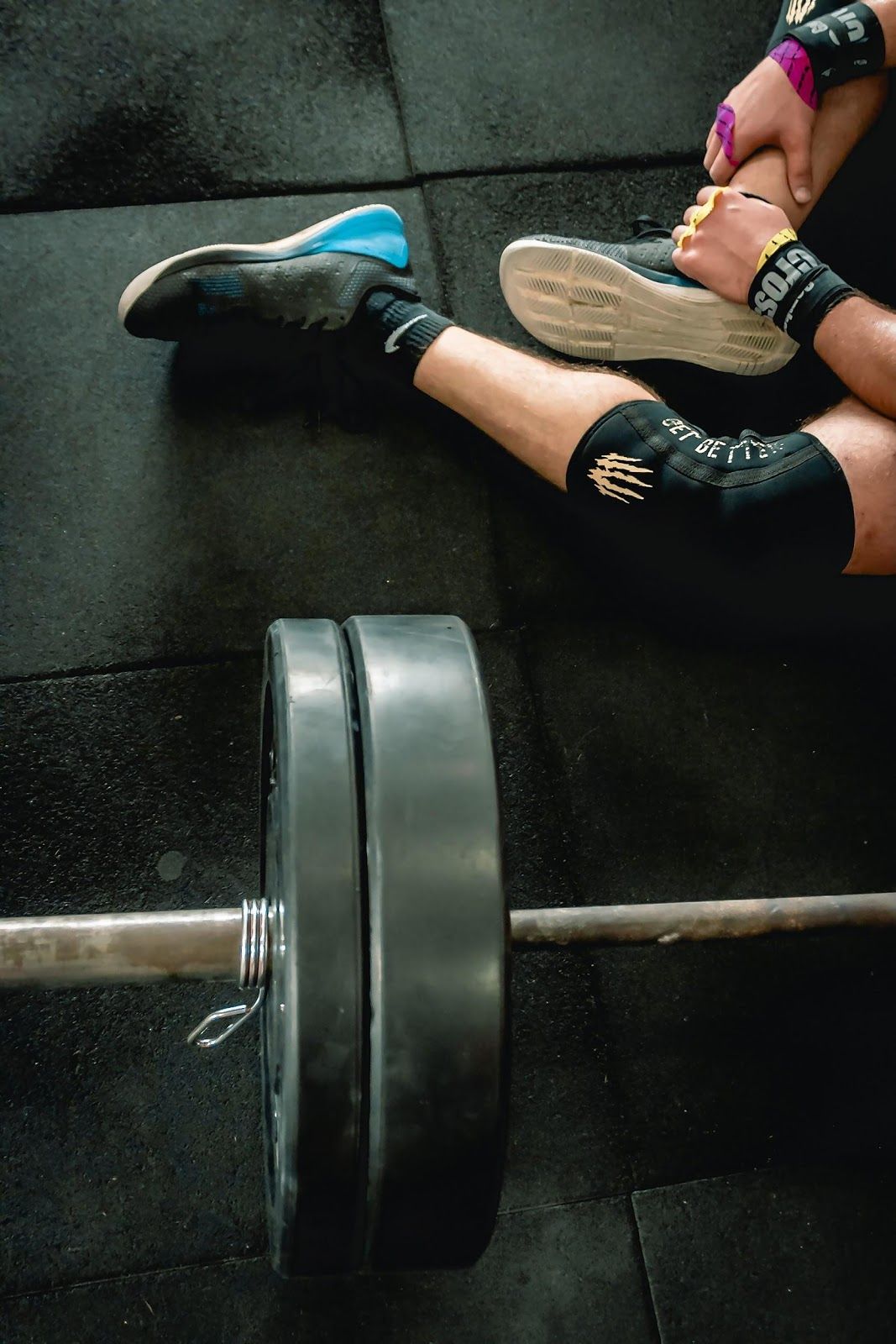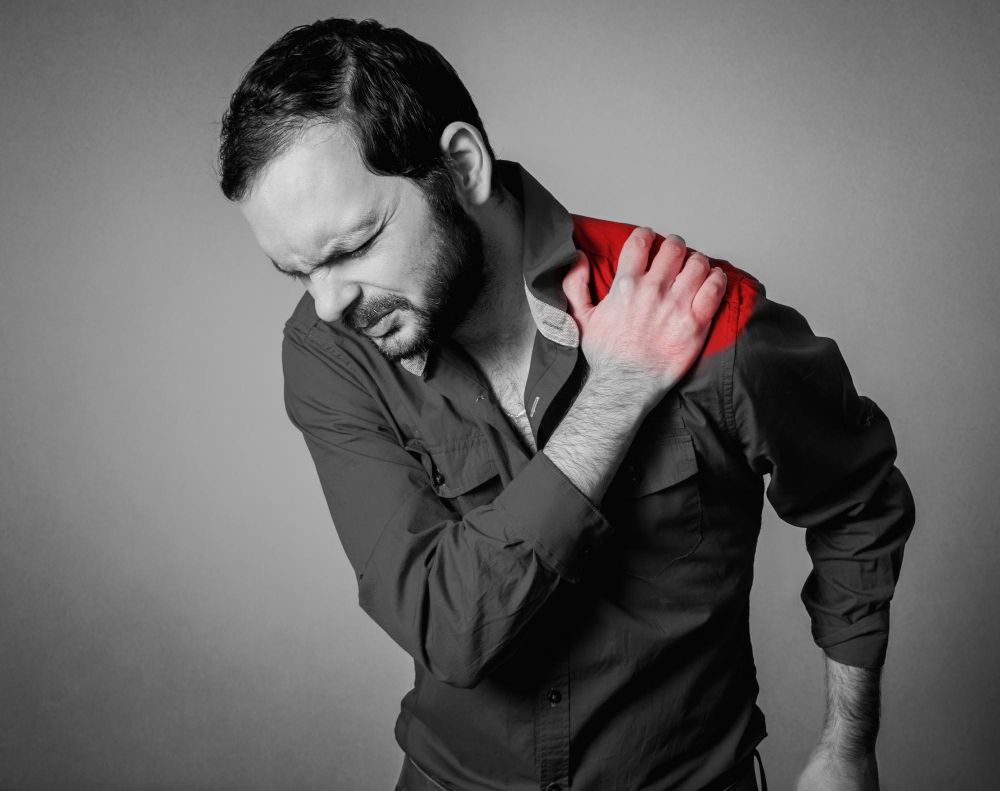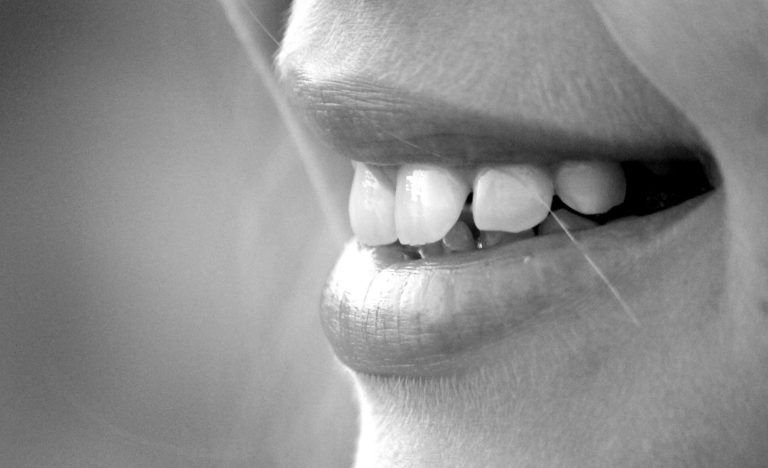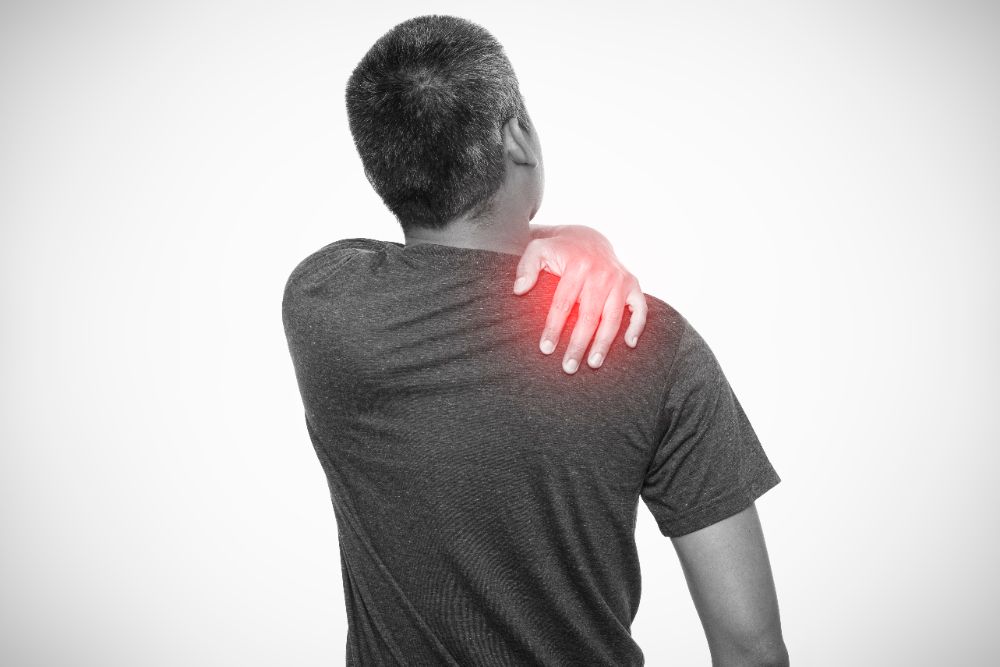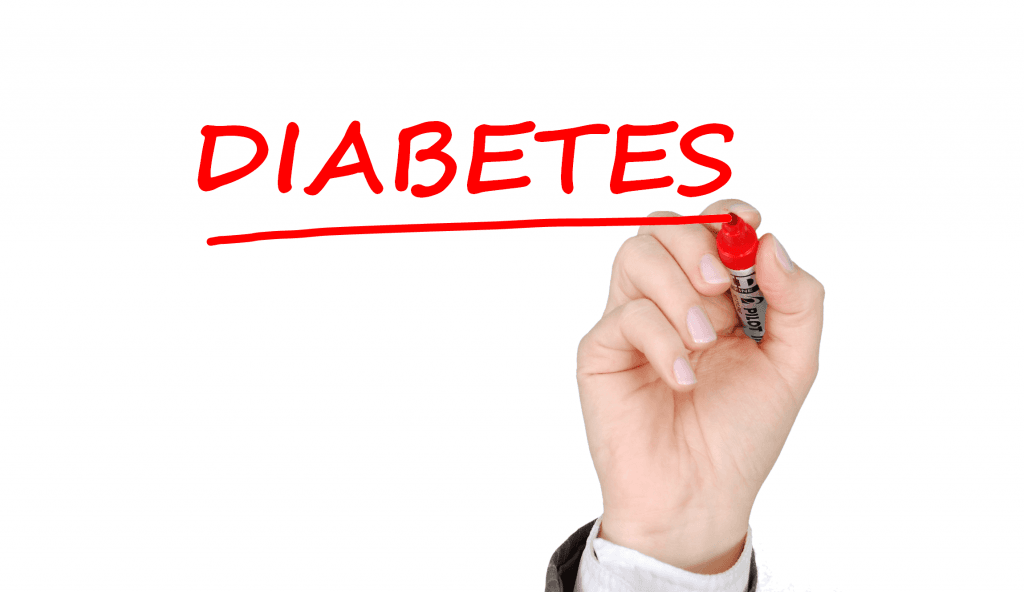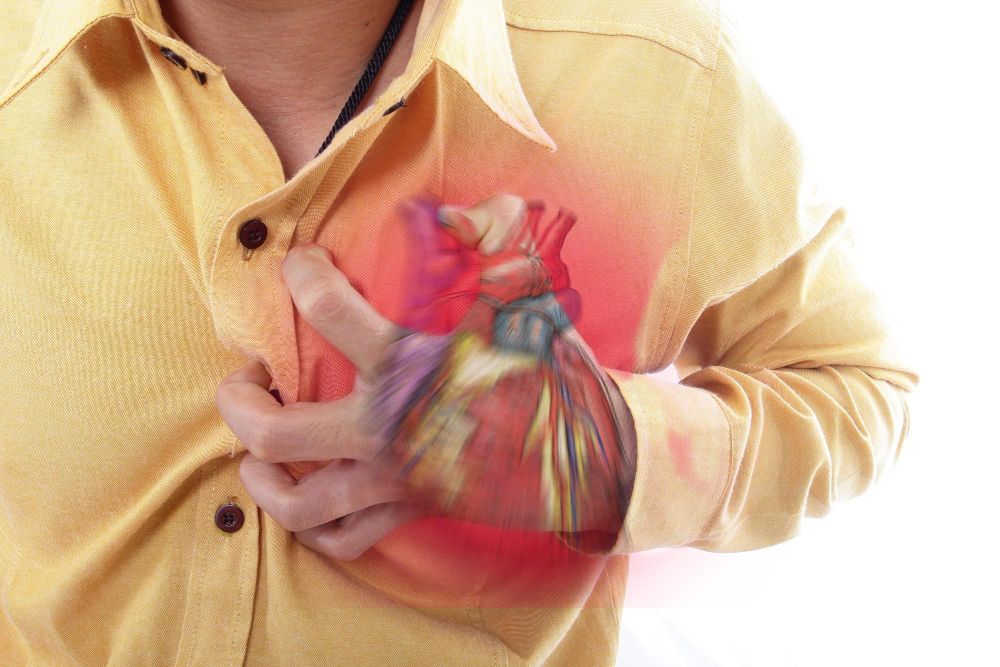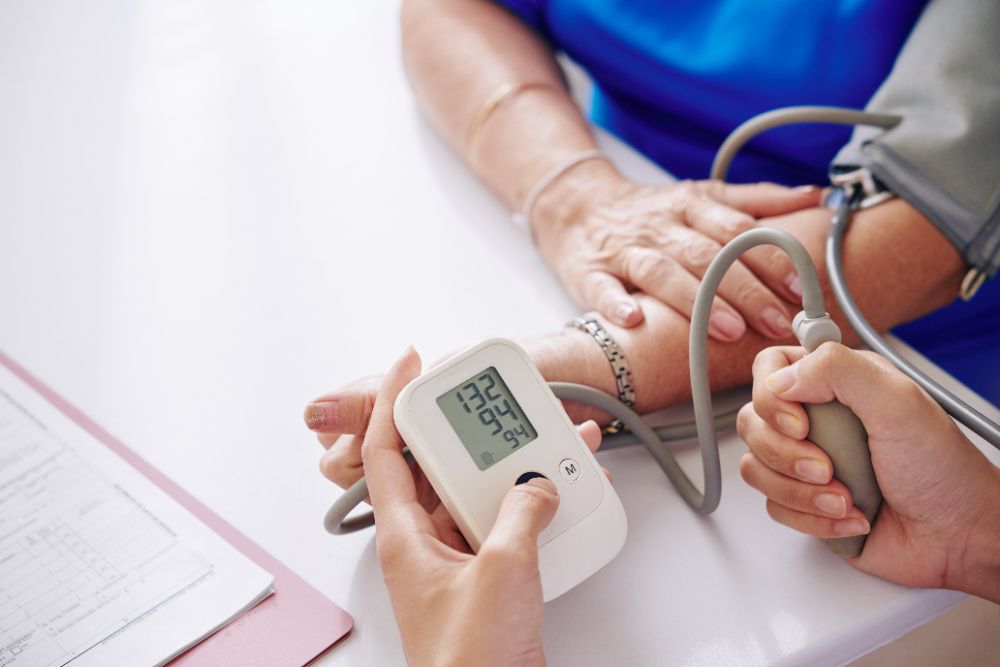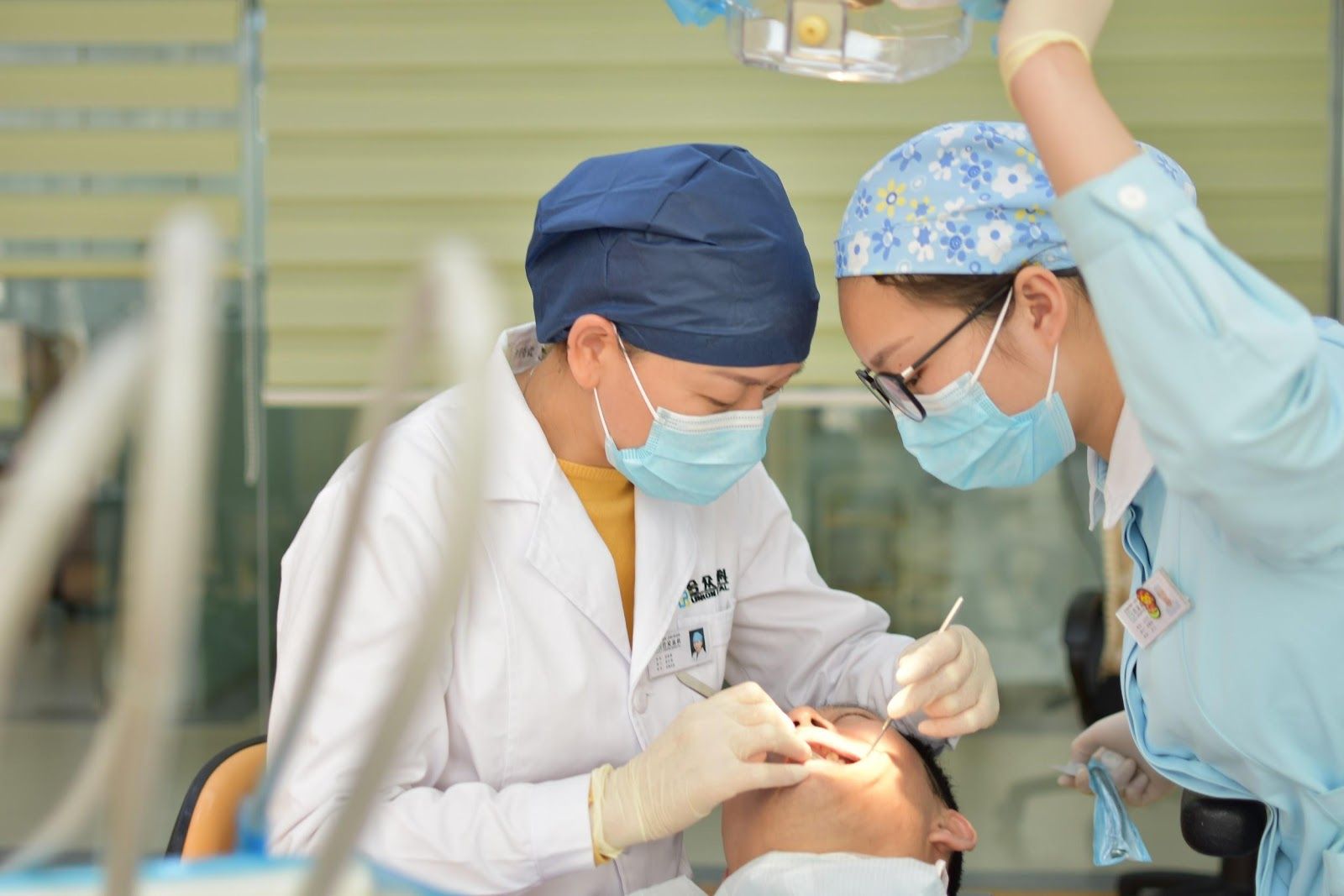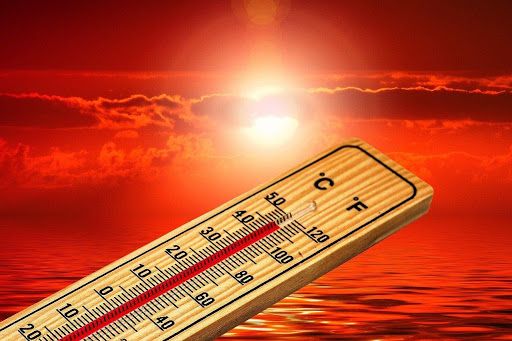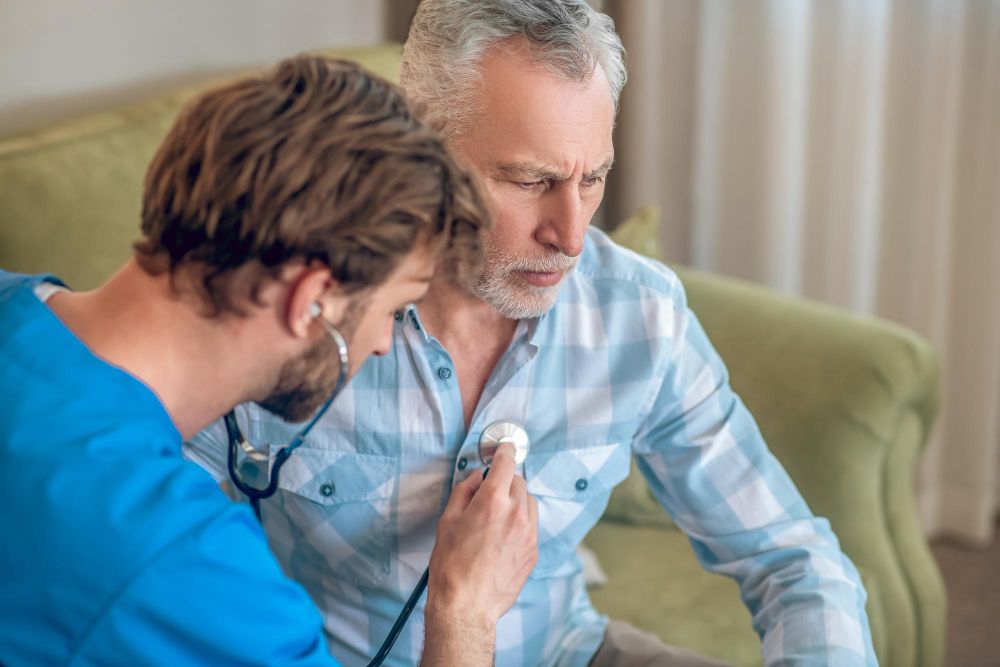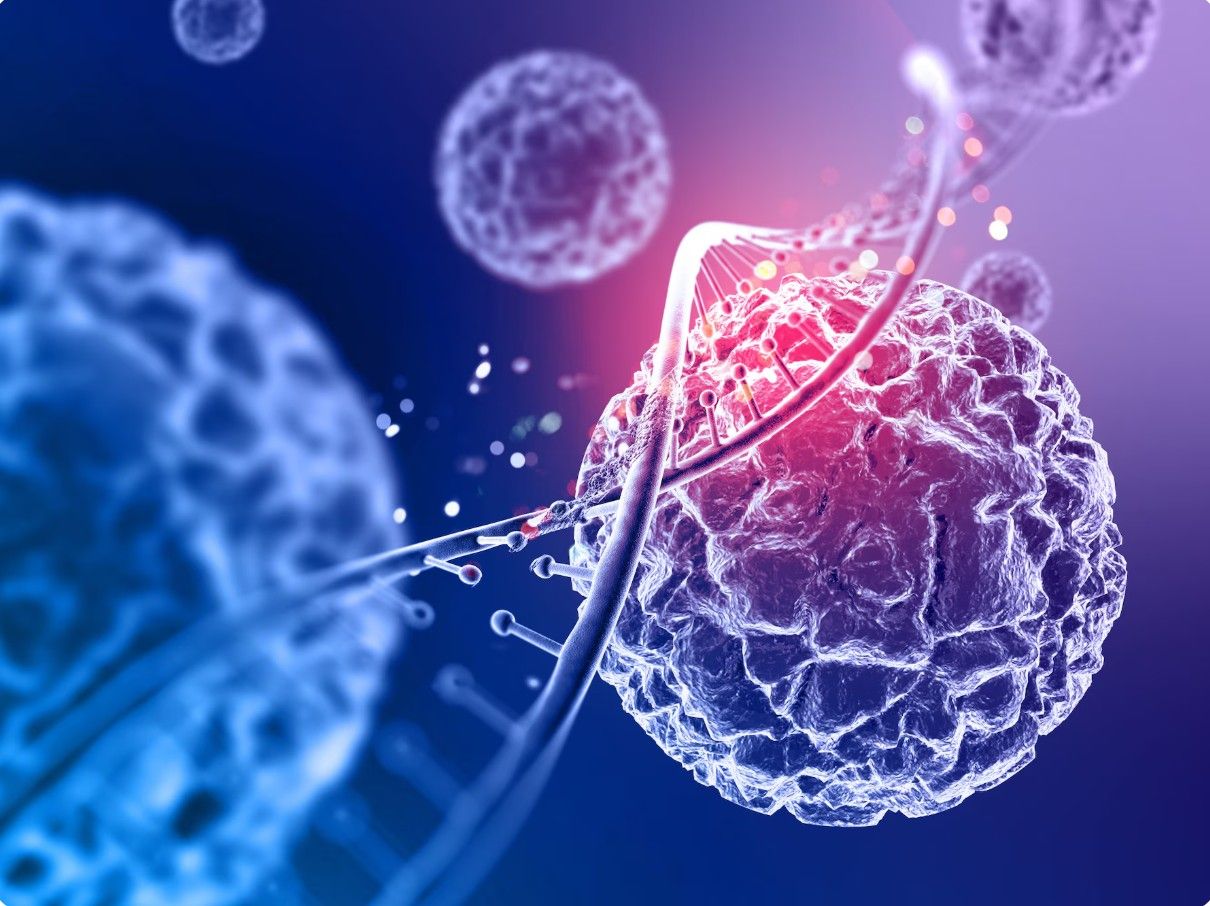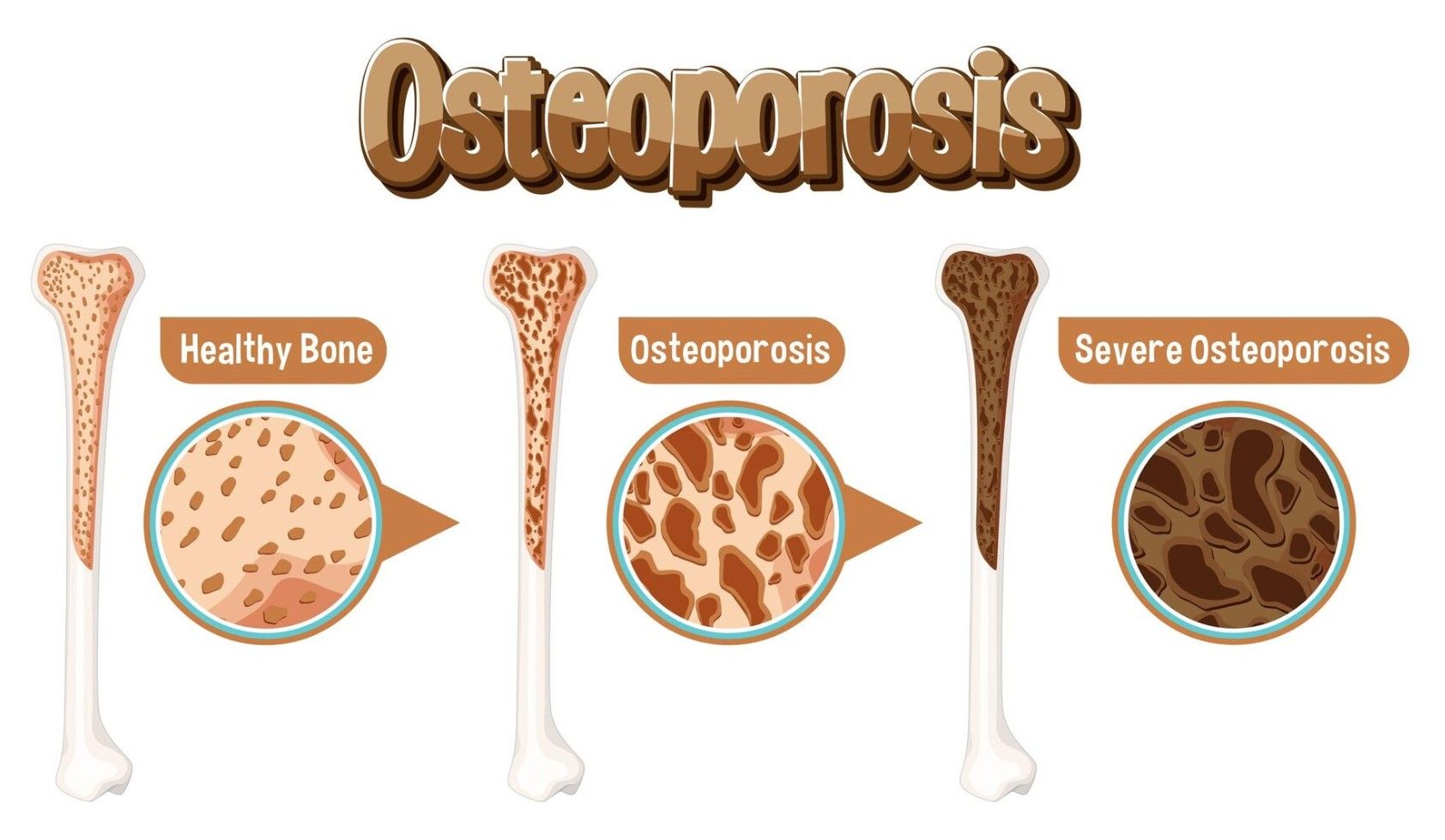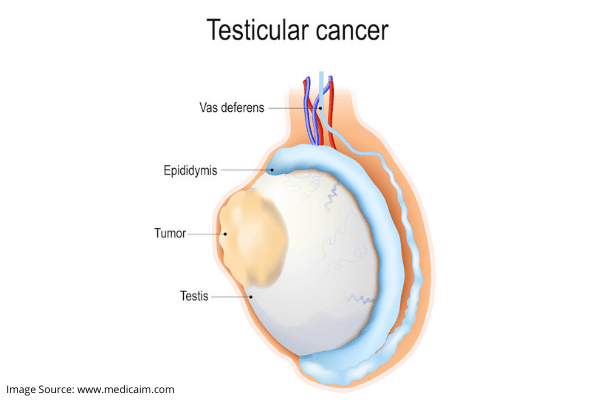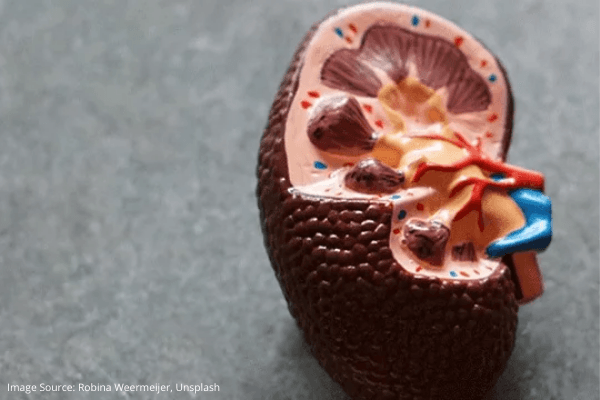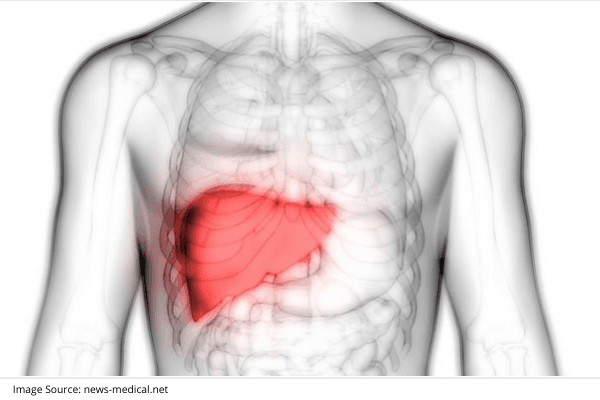Cardiogenic Shock
Cardiogenic shock is a life-threatening disorder in which your heart abruptly fails to pump enough blood to meet your body's demands. A severe heart attack typically causes the syndrome; however, not everyone who has a heart attack develops cardiogenic shock. Cardiogenic shock is a rare condition. It is often fatal if not treated immediately. When treated immediately, over half of those who develop the illness survive.
Symptoms
If you experience any of the following symptoms of a heart attack, you should seek immediate medical attention:
Chest pain that lasts more than a few minutes or goes away and reappears. Your chest could feel heavy, tight, full, or numb. You may experience pressure, ache, burning, or squeezing. The pain may feel like heartburn. In some people, particularly women, chest discomfort is not the primary symptom. Watch out for the other indicators listed below.
- Pain or discomfort in your upper body and/or down your left arm.
- Pain in the upper abdomen, throat, or jaw.
- Trouble breathing.
- Sweating or "cold sweats."
- Fast or irregular heartbeat.
- Feeling very weak, lightheaded, and/or anxious.
Other symptoms related to cardiogenic shock can include:
- Confusion or not being alert.
- Fainting.
- Very low blood pressure.
- Weak pulse.
- Trouble breathing.
- Peeing less than normal.
- Cool hands and feet.
- Pale skin.
- Feeling very tired.
- Swelling in your belly and legs.
- Poor appetite.
Causes
In most situations, a lack of oxygen to your heart caused by a heart attack destroys its primary pumping chamber (left ventricle). Without oxygen-rich blood going to that part of your heart, the muscle can weaken and fall into cardiogenic shock. Cardiogenic shock occurs in rare cases when your heart's right ventricle, which delivers blood to your lungs for oxygen, becomes damaged. Other probable causes of cardiogenic shock are:
- Inflammation of the heart muscle (myocarditis)
- Infection of the heart valves (endocarditis)
- Weakened heart from any cause
- Drug overdoses or poisoning with substances that can impair your heart's ability to pump
Diagnosis
Cardiogenic shock is typically diagnosed in an emergency scenario. After checking for shock symptoms, doctors will perform tests to identify the cause. Among the diagnostic procedures that may be carried out are blood pressure checks, electrocardiograms (ECG or EKG), chest X-rays, blood tests, echocardiography, and cardiac catheterisation (angiogram).
Treatment
Cardiogenic shock treatment aims to reduce the harm caused by a lack of oxygen in your heart muscle and other organs. Emergency life support: Most persons with cardiogenic shock require additional oxygen. If necessary, you will be hooked up to a breathing machine (ventilator). You'll get drugs and fluids through an IV in your arm.
Medications
Fluids and plasma are supplied through an IV. Cardiogenic shock medicines are recommended to increase heart pumping performance and reduce the risk of blood clots.
- Vasopressors: These medications are prescribed to treat low blood pressure. They consist of dopamine, epinephrine (Adrenaline, Auvi-Q), norepinephrine (Levophed), and others.
- Inotropic agents: These medications, which aid in improving the heart's pumping function, may be used until other treatments begin to work. They include dobutamine, dopamine, and milrinone.
- Aspirin: Aspirin is typically used quickly to prevent blood clotting and keep blood flowing through a constricted artery. Take an aspirin on your own while waiting for help to arrive, only if your doctor has already instructed you to do so for heart attack symptoms.
- Antiplatelet medicine: Emergency department doctors may prescribe medicines comparable to aspirin to help prevent new clots from developing. The medications in question include clopidogrel (Plavix), tirofiban (Aggrastat), and eptifibatide (Integrilin).
- Other blood thinning medicines: You'll most likely be given additional medications, such as heparin, to reduce the likelihood of blood clots. Heparin, either IV or injectable, is typically used within the first several days following a heart attack.
Prevention
Several factors can raise your risk of developing heart disease, which can eventually progress to cardiogenic shock. Risk factors include:
- Avoid smoking and being exposed to secondhand smoke.
- Keep your weight in check.
- Reduce your intake of cholesterol and saturated fats.
- Use less salt.
- Reduce your sugar intake.
- Limit alcohol.
- Regularly practice exercise.
Conclusion
Cardiogenic shock is a dangerous and potentially fatal syndrome that requires immediate medical attention to prevent organ failure and death. Use methods such as percutaneous coronary intervention and medicine to stabilise the patient.
Long-term care includes lifestyle changes as well as monitoring and addressing underlying disorders. Despite the seriousness of cardiogenic shock, survival chances and results can be improved with prompt and efficient medical care.
Ten Effective Remedies That You Can Refer to When You Are Suffering from Muscle Cramps
Finally starting off with the gym life can get too overwhelming until you hit those muscle cramps along with the weights.
Skin Tags - Benign Tumor or Cancerous Tumor?
Skin tag if observed is a narrow stalk that hangs about your skin, bulging at the end. They are usually freshly colored and can grow anywhere on your body.
Rotator Cuff Tear
A rotator cuff tear is a rotator cuff injury that can cause shoulder pain and loss of arm function. The rotator cuff is a set of muscles and tendons in your shoulder.
Importance of Parental Counselling
Right from the moment you tell your friends and family about your pregnancy, little hints keep coming your way on parenting your unborn child!
Taking Care of a Terminal Patient? Here Are Six Ways to Help Them to the Fullest
A terminally ill patient is someone who has a relatively short life expectancy. Terminally ill people are usually shifted from an actively curative medicinal regime
Stages of Tooth Decay and Their Treatment Options
Tooth decay refers to the degradation process of the structure of the tooth resulting in permanent damage.
12 Home Remedies for Dry Cough
The flu, common cold, asthma, cigarette smoke exposure, and other conditions can all cause a dry cough. Home remedies such as honey, peppermint, and air purifiers may be beneficial.
Shoulder Dislocation
Shoulder dislocation occurs when the bones of your shoulder joint are pushed or forced out of their normal positions.
5 Facts to Keep in Mind for Your Monthly Menstruation Cycle
Our menstruation indicates multiple activities within your body. Every month, your uterus forms a thicker lining for the ovary to release an egg for a possible pregnancy.
Different Types of Diabetes
Junk food and increasing physical activity are leading to a worldwide epidemic of obesity, resulting in diseases like diabetes
Dilated Cardiomyopathy
Dilated cardiomyopathy is a form of heart muscle illness in which the heart chambers (ventricles) weaken and stretch, becoming bigger.
Hypertension (High Blood Pressure)
High blood pressure, also known as hypertension, is a condition in which the blood flow against the inner walls of the arteries is persistently high.
3 Cosmetic Dentistry Procedures You Did Not Know About
Over the past few years, cosmetic dentistry has undergone significant evolution in society. With the increasing demand for cosmetic dentistry, it is no longer a luxury; it has become a necessity.
5 Lifestyle Changes That Will Help with Your Urinary Incontinence
Urinary Incontinence is quite a painful and embarrassing condition to have. It refers to the loss of bladder control, which can vary from a slight release of urine after sneezing, coughing, or laughing, to a complete inability to control urination.
5 Tips This Summer to Avoid Heatstroke
Certain jobs demand fieldwork in the scorching heat. The warm weather, bright sun, and the blue skies are not always an excellent working environment for them at all.
6 Home Remedies for Yeast and Vaginal Infections
Yeast infection is common among women. You might have had the experience of irritating soreness and itching that prolonged for days due to not knowing about the cause.
Aortic Dissection
An aortic dissection is a tear in the aorta. This is the primary artery that transports oxygen-rich blood from your heart to the rest of your body.
Bariatric Surgery and Weight Loss
Bariatric surgery, also known as weight loss surgery, is performed on individuals suffering from obesity. It involves a variety of procedures that help maintain long-term weight loss and also aid in treating obesity.
Best Foods to Cleanse Your Liver
Your liver is one of the largest organs in your body and its primary function is to filter the system by converting toxins to waste products, cleansing your blood and process various nutrients.
Infertility and its Major Causes and Treatments
Infertility is an issue that’s on the rise – not just in India but all over the world. It’s estimated that, on average, one out of every six couples has had issues with infertility.
Precautions to be Taken to Avoid Eosinophilia
Let’s begin with talking about eosinophils – they are just a type of white blood cells that are laden with reactive chemicals which get released under specific conditions to cause mayhem in the body
What is BMD Assessment and its Significance in Treating Osteoporosis
Osteoporosis is that creepy monster lurking in the dark, waiting to manifest itself as you age and get less active.
Signs of Testicular Cancer
Men have a pair of testicles located in a sac-like pouch called the scrotum. It forms part of their reproductive system and are responsible for sperm production.
Signs and Symptoms of Kidney Stone
Your kidneys are very important organs in the body; they regulate water content, filter waste from blood, and produce hormones.
Treatment For Liver Failure
Treatment for liver failure depends largely on the causative agent; for example of it’s due to hepatitis virus infection, then hydration and supportive care needs to be provided while the body’s immune system fights back. If it’s due to gallstones,
Related Blogs
Ten Effective Remedies That You Can Refer to When You Are Suffering from Muscle Cramps
Finally starting off with the gym life can get too overwhelming until you hit those muscle cramps along with the weights.
Skin Tags - Benign Tumor or Cancerous Tumor?
Skin tag if observed is a narrow stalk that hangs about your skin, bulging at the end. They are usually freshly colored and can grow anywhere on your body.


